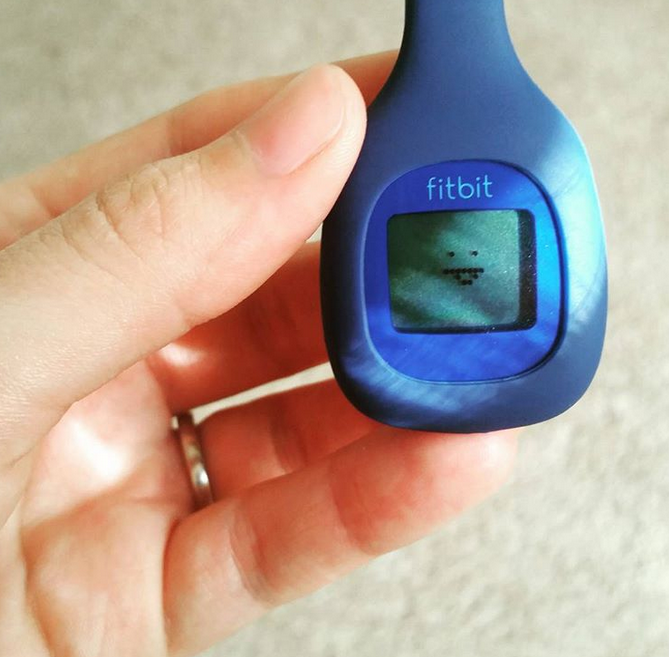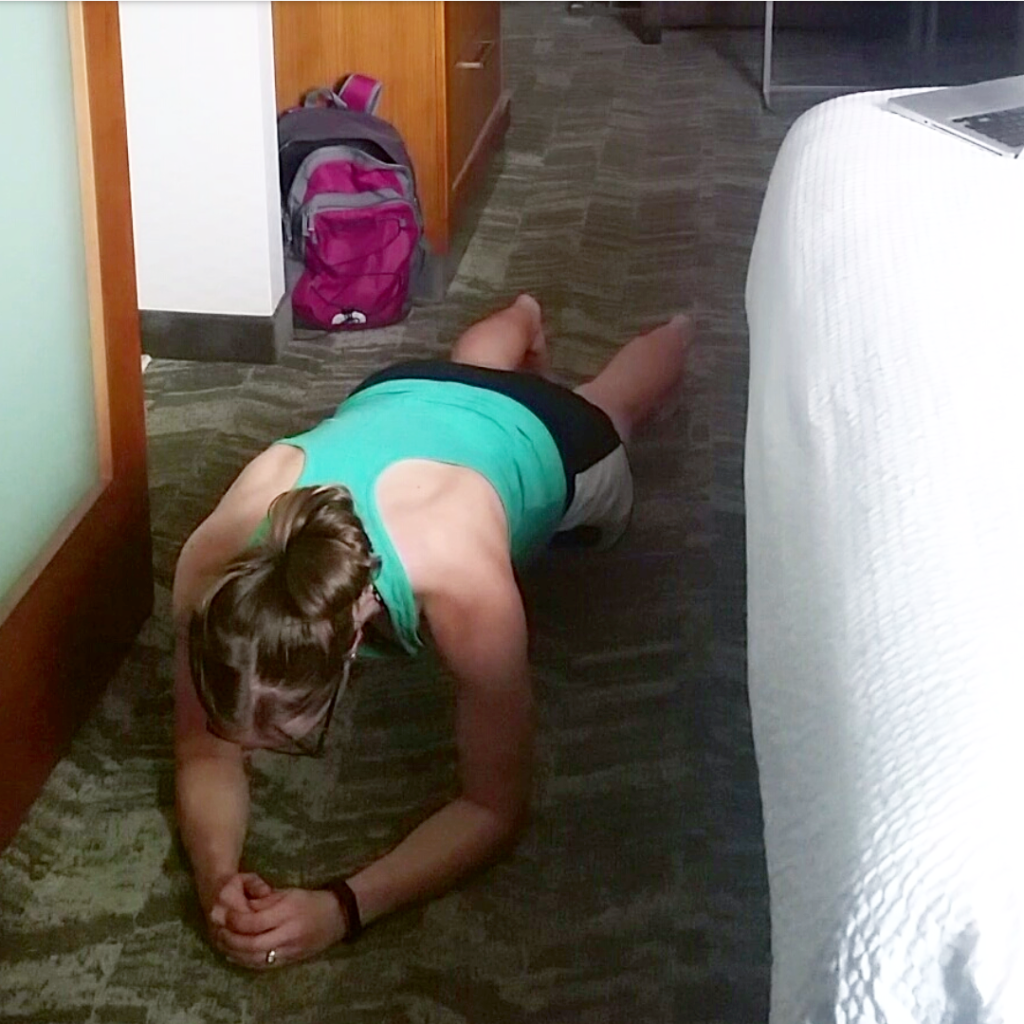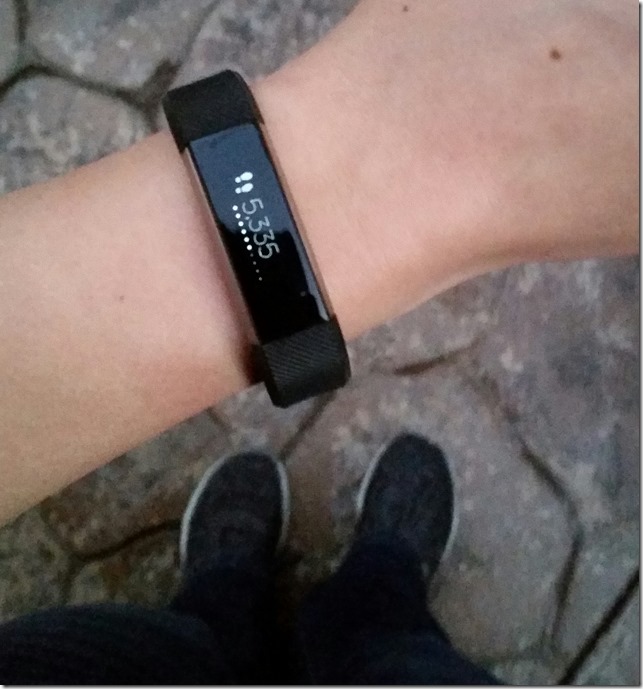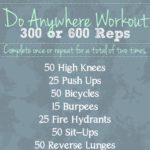After a two-year hiatus from tracking my steps, I decided to dig out my old Fitbit to wear again. Except apparently my Alta took it personally because it decided it no longer wanted to work. So! Last month I gave in and ordered a new one (Inspire HR) to motivate me to move more throughout the day.
I’ve had three different step counters before: Fitbit Zip, Alta, and Inspire HR. I go through stages of wanting to track my steps and then going a few years without caring at all. Granted, the first one I had (Zip) I lost the same day I got it and couldn’t find it for five months. (I accidentally left it attached to a pair of shorts I didn’t wear often.) So in that case, it wasn’t really my choice to stop counting my steps.

While I appreciate having a pedometer to see how much I walk, I also know it’s not an accurate representation of how active I am overall.
In my opinion, Fitbits and other step counters are a great tool for inspiring people to walk more—and I know a lot of us could afford to sit less during the day (especially with things going on like…oh I don’t know…a pandemic). And yet at the same time, I’ve always been a little turned off to step counters. One of the biggest cons I’ve noticed about pedometers is:
Walking is incredibly good for you, but if you’re obsessing over how many steps you get each day by sacrificing other types of activity, you might actually be less fit in the end.
This is probably unlikely for many people, but I personally experienced this back when I was part of Fitbit competitions with friends. I was trying to complete with others by getting the most steps, which led to me spending hours just walking each day. While that sounds great, I was actually sacrificing time I normally would have done a legit workout to challenge my muscles and cardiovascular system more.

So while walking can be one of the easiest and most pleasant ways to get active—and step counters help inspire people to walk more (or at least monitor their walking habits)—I don’t think it should be the end-all-be-all to physical activity.
That said, sometimes I really enjoy tracking my steps. And by joining little competitions with my friends, as well as just setting little goals for myself, I feel more motivated to get up and moving more. I didn’t think I’d want another Fitbit after I stopped using my Alta, but based on what I’ve learned from working from home, I knew I should add more breaks to my marathon sitting every day. Wearing a Fitbit again seemed like an effective way to get moving more.
The way I see it, Fitbits and other pedometers can be especially beneficial for people leading a sedentary lifestyle. By tracking your steps—and being reminded to walk a little each hour—you can be more conscious of how much you sit, taking breaks to move around once in awhile.
Plus, working out for 30 minutes is great, but if you’re sitting the rest of the day, that’s still having a negative effect on your health. I know Fitbit and some Samsung smart watches allow you to track a lot more than just steps, too, like sleep quality, food consumption, water intake, distance running (GPS), and more.
It seems some people can benefit from step counters more than others. People who walk all day might not care about their steps (though it might be cool for them to see their impressive step count at the end of the day). I was once in a group competition that included a nurse, and she would always win by tens of thousands of steps because 98% of her day was spent on her feet. (This is about the time when I spent too much of my days walking, as weird as that sounds.)
So I guess what I’m saying is, be smart about how you use your step counter! It’s a wonderful tool that can help you be more active and connect to a community, but it’s not always the best gauge for your physical fitness and activity level.

My favorite feature of my Fitbit is the hourly notification to get some steps. I need a routine reminder to walk just a little bit, since working an office job at home doesn’t require much movement. I had an amazing workout Wednesday (variation of my Deck of Card Workout) that left my muscles extremely sore the next time, but you wouldn’t know that by my 4,600 steps
Have you ever used a step counter? What did you think of it?
Did you learn anything interesting once you started tracking your steps?




